Wizards of the Coast Removes Lore Deemed ‘Problematic’ From Dungeons & Dragons
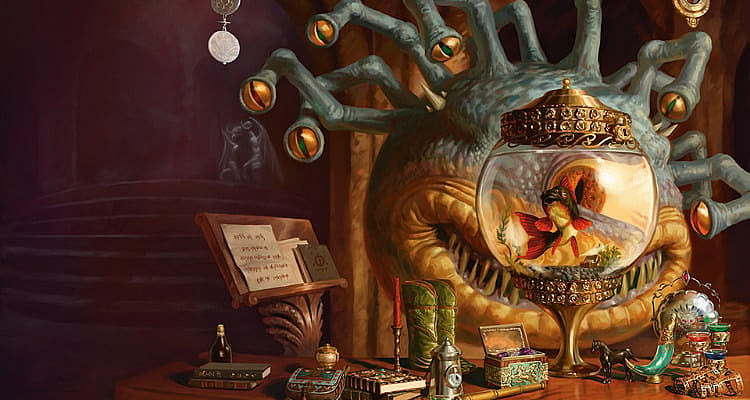
In pursuit of their relatively recently asserted goal to make the beloved tabletop RPG “as welcoming and inclusive as possible,” Wizards of the Coast has removed a plethora of supposedly ‘problematic’ lore – specifically negative racial stereotypes of any kind – from a number of Dungeons & Dragons guide books.
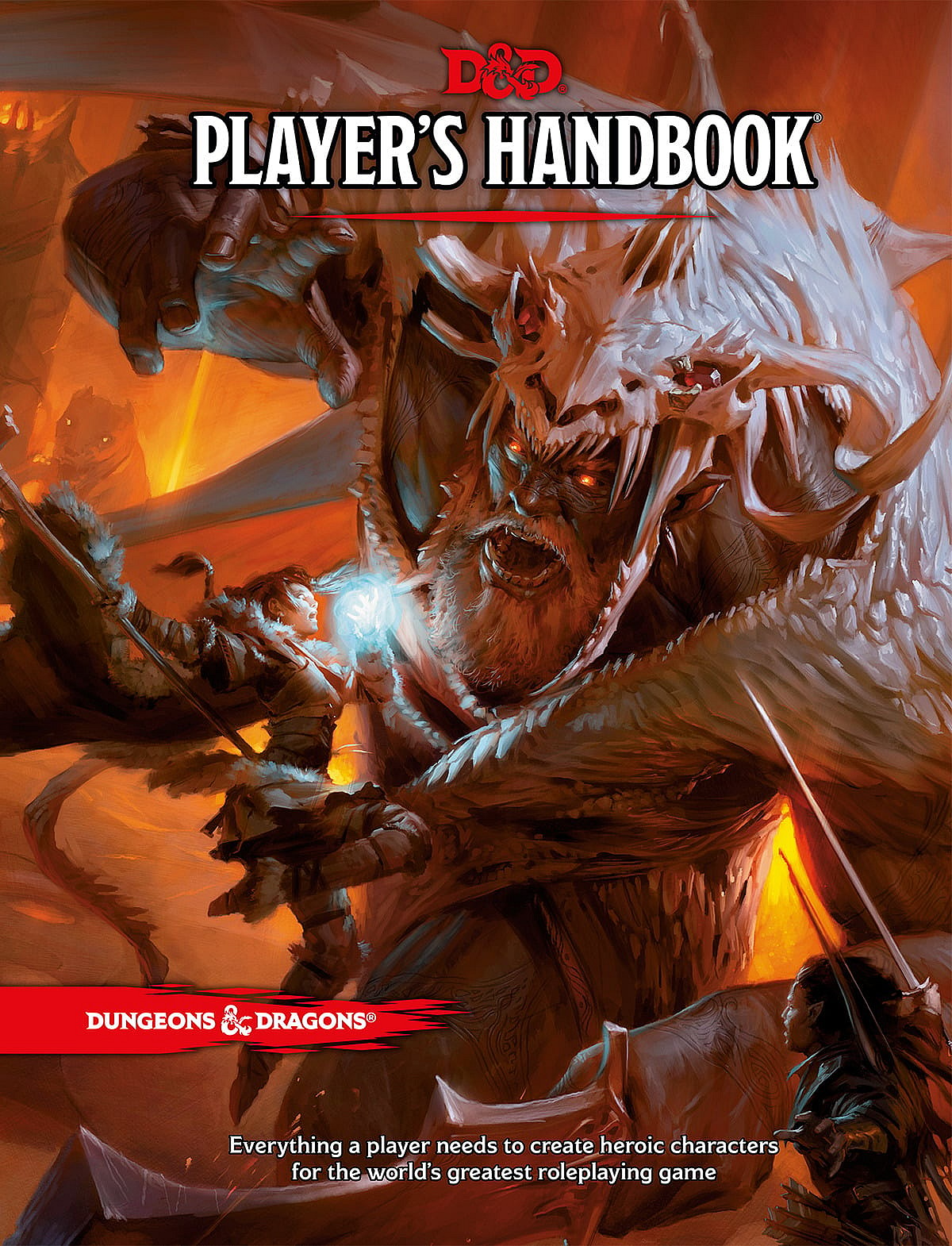
The mass removal of problematic lore was made public on December 13th, courtesy of D&D Principal Rules Designer Jeremy Crawford’s latest edition of Sage Advice, a regular column wherein he “talks about the design of the game’s rules and answers questions about them.”
Crawford revealed in his post that “over the past year, several D&D books have been tweaked,” including various adventure books as well as the official Dungeon Master’s Guide, Player’s Handbook, and Volo’s Guide to Monsters.
-
Curse of Strahd
-
Dungeon Master’s Guide
-
Player’s Handbook
-
Storm King’s Thunder
-
Sword Coast Adventurer’s Guide
-
Tales from the Yawning Portal
-
Tasha’s Cauldron of Everything
-
Tomb of Annihilation
-
Volo’s Guide to Monsters
Crawford added, “The changes in those PDFs appear in recent printing of the affected books, and the changes will also appear on D&D Beyond and anywhere else the books are available digitally.”
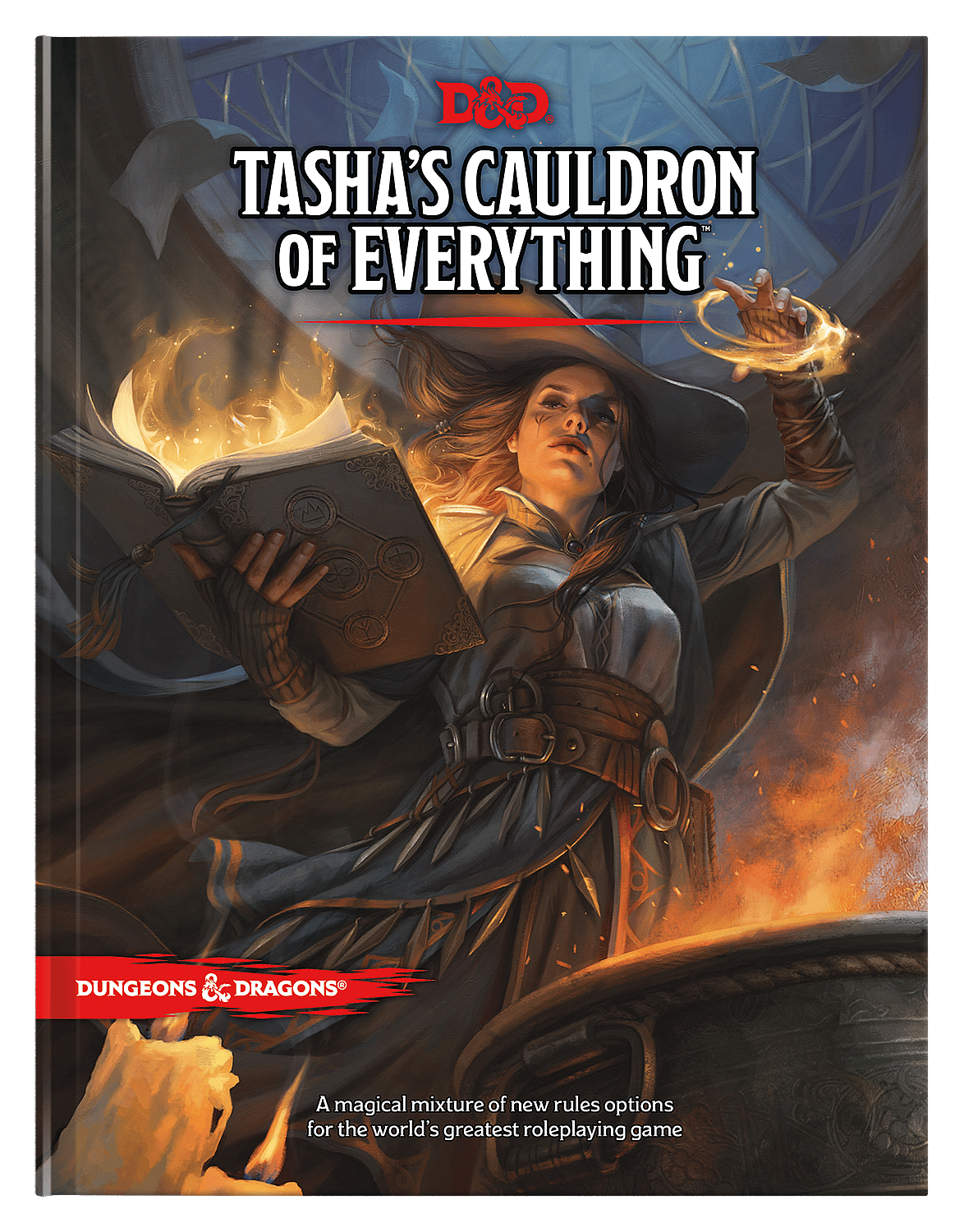
Curiously, however, the designer avoided providing any details himself, brief or otherwise, regarding what specific alterations had been made to the game.
When looking at the new Errata PDF for Volo’s Guide to Monsters it does show changes were made to sections labeled: Roleplaying a Beholder, Roleplaying Gnolls and Cultists of Yeeoghu, Roleplaying a Kobold, Roleplaying a Mind Flayer, Orcs as Underlings, Roleplaying as an Orc, Half-Orcs, Roleplaying a Yuan-ti, Cannibalism and Sacrifice.”
It also goes on to reveal changes to numerous traits including: Goliath Traits, Kenku Traits, Lizardfolk Traits, Tabaxi Traits, Triton Traits, Racial Traits, Bugbear Traits, Goblin Traits, Hobgoblin Traits, Kobold Traits, and Orc Traits.
While Crawford did not reveal the specifics of many of the changes a player on the /r/DnD subreddit, /u/Greeny3x3x3x, took it upon themselves to meticulously research the updated Volo’s Guide to Monsters and compare it against Wizards of the Coast’s previously published editions.
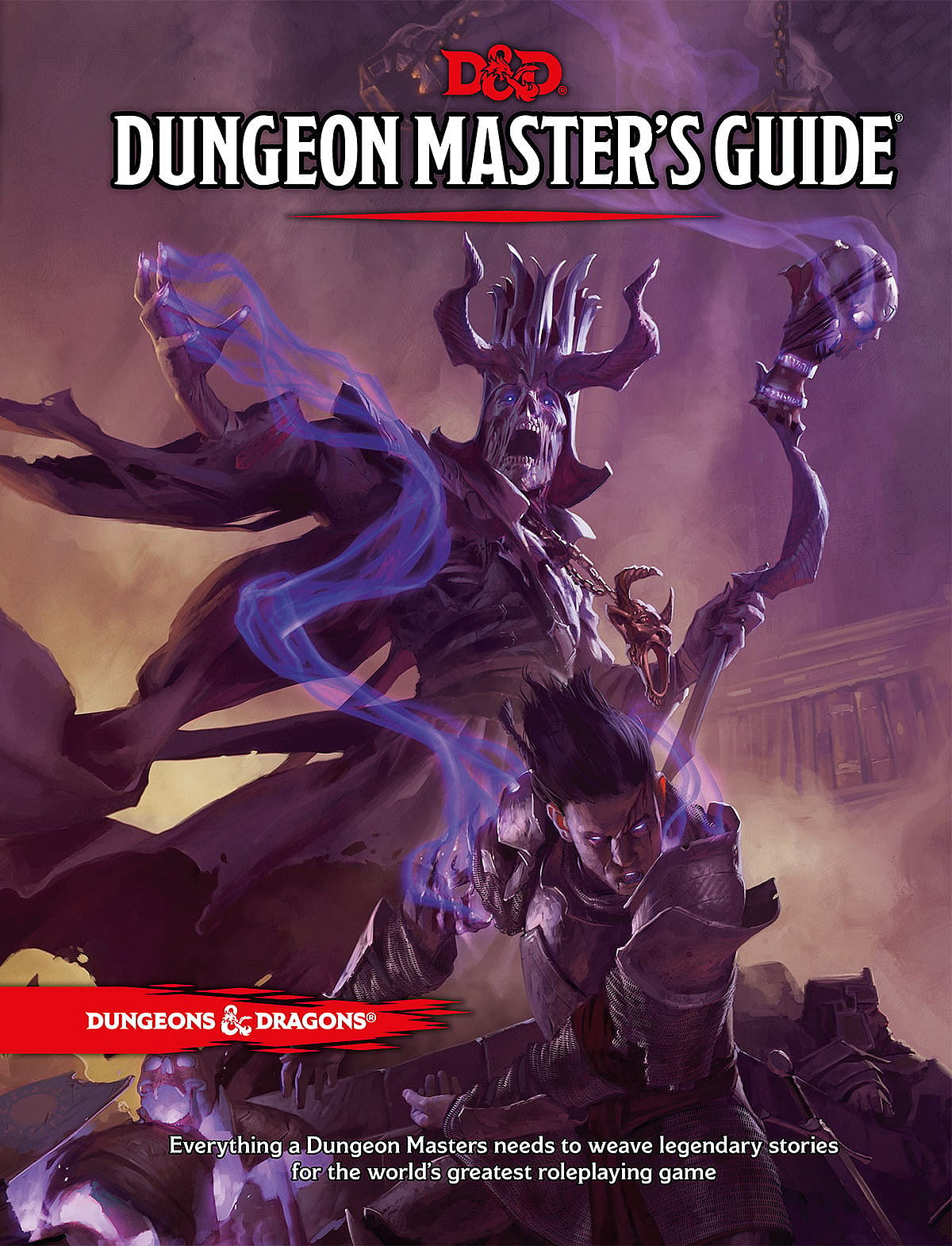
RELATED: Dungeons & Dragons To Introduce First Wheelchair Accessible Adventure
In doing so, /u/Greeny3x3x3x discovered that a staggering amount of text had been removed from the backgrounds of various species that exist within the world of D&D, most of which included some reference to the concept of slavery.
As noted by the Reddit user the species affected are Beholder, Giants, Gnolls, Kobolds, Orcs, and Yuan Ti.
[Note: While a full recap of the removed text would be too lengthy to condense into a single article, it can be read in full in /u/Greeny3x3x3x’s original Reddit post.]

Removed text [of which the below examples are merely excerpts] includes a description of the Beholder, presumably based on the fact that each individual member of the species “thinks it is the epitome of its race, and therefore all other beholders are inferior to it.”
The removed portion begins, “A beholder constantly fears for its safety, is wary of any creature that isn’t one of its minions, and is aggressive in dealing with perceived threats. It might react favorably toward creatures that humble themselves before it and present themselves as inferiors, but is easily provoked to attack creatures that brag about their accomplishments or claim to be mighty.”
It continues, “Such creatures are seen as threats or fools, and are dealt with mercilessly. Each beholder thinks it is the epitome of its race, and therefore all other beholders are inferior to it — even though, at the same time, it considers other beholders to be its greatest rivals. A beholder might be willing to cooperate with adventurers who have news about another beholder’s lair or activities, and might be non-hostile toward adventurers who praise it for being a perfect example of a beholder.”
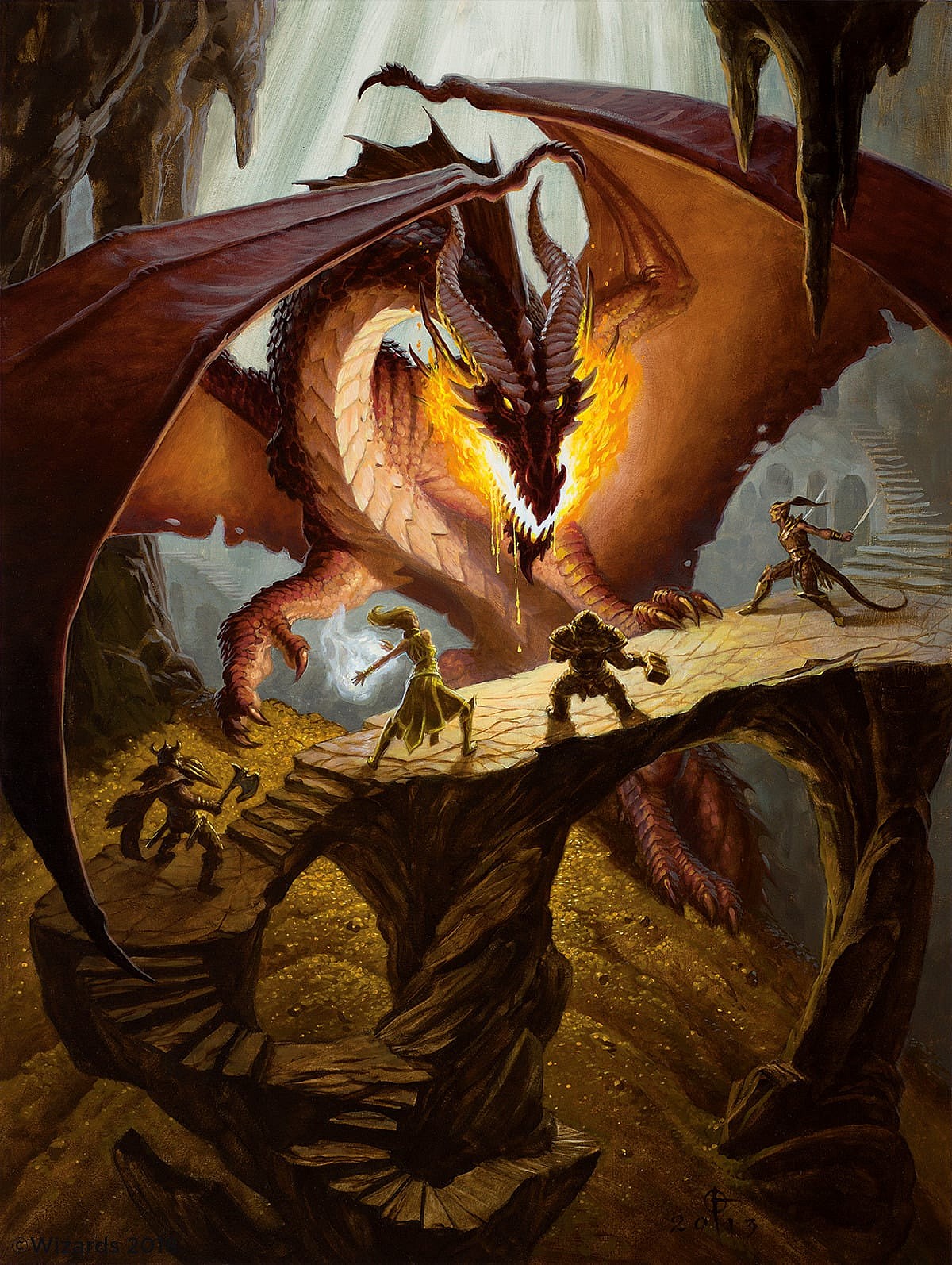
An explanation of Orcs societal hierarchies and customs, which included mentions of enslavement, subjugation, and the species’ inherent blood lust was also removed according to the Reddit user.
It begins, “With their culturally ingrained tendency to bow before superior strength, orcs can be subjugated by a powerful and charismatic individual. Evil human spellcasters and rulers in particular have a penchant for enslaving or deceiving orcs into service. A leader backed by a great military force could swoop down upon a tribe, kill its leaders, and cow the rest of the orcs into submission.”
Another portion of the section previously read, “Most orcs have been indoctrinated into a life of destruction and slaughter. But unlike creatures who by their very nature are evil, such as gnolls, it’s possible that an orc, if raised outside its culture, could develop a limited capacity for empathy, love, and compassion. No matter how domesticated an orc might seem, its blood lust flows just beneath the surface. With its instinctive love of battle and its desire to prove its strength, an orc trying to live within the confines of civilization is faced with a difficult task.”
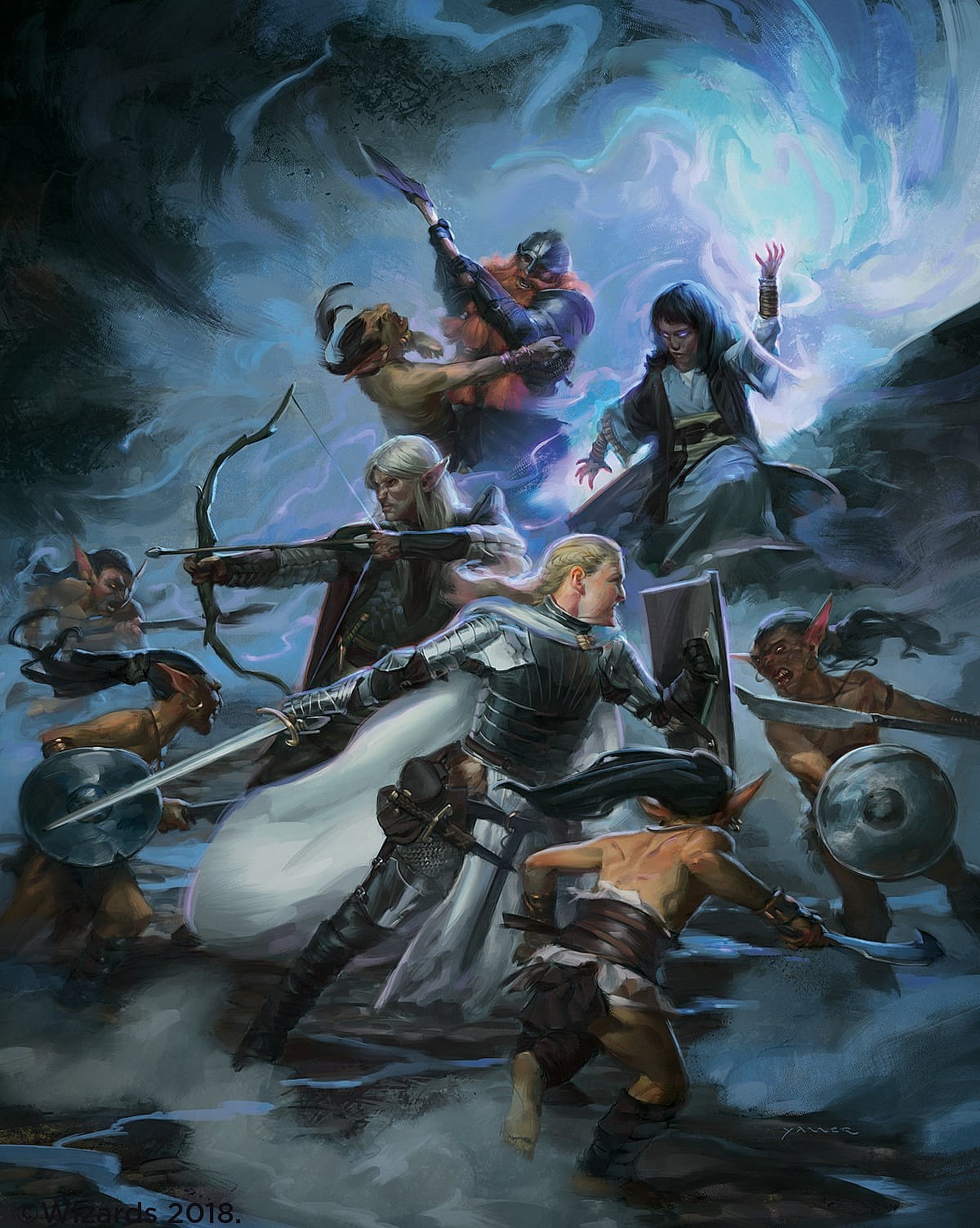
A lengthy-entry on the Yuan-Ti, which expounded on their tendency to keep slaves and noted that the more sophisticated members of the species were referred to as “purebloods” was also removed.
It began, “Abominations and malisons rarely communicate directly with slaves except in emergencies (such as for giving battle orders); at other times, slaves are expected to constantly be aware of the master’s mood, anticipate the master’s needs, and recognize subtle gestures of hands, head, and tail that indicate commands.”
“Only purebloods — which walk among humanoids and therefore have to learn how to speak to them civilly — practice interacting with meat-creatures. Much of their training involves suppressing their innate annoyance at having to speak to lesser beings as though they were equals, or being obliged to kowtow to a humanoid ruler as if the pureblood were merely an advisor. Pureblood spies feel a sort of aloof contempt toward meat-creatures, but they can affect a pleasant tone, and speak to such creatures with a silver tongue that disguises their true feelings,” the section previously detailed.
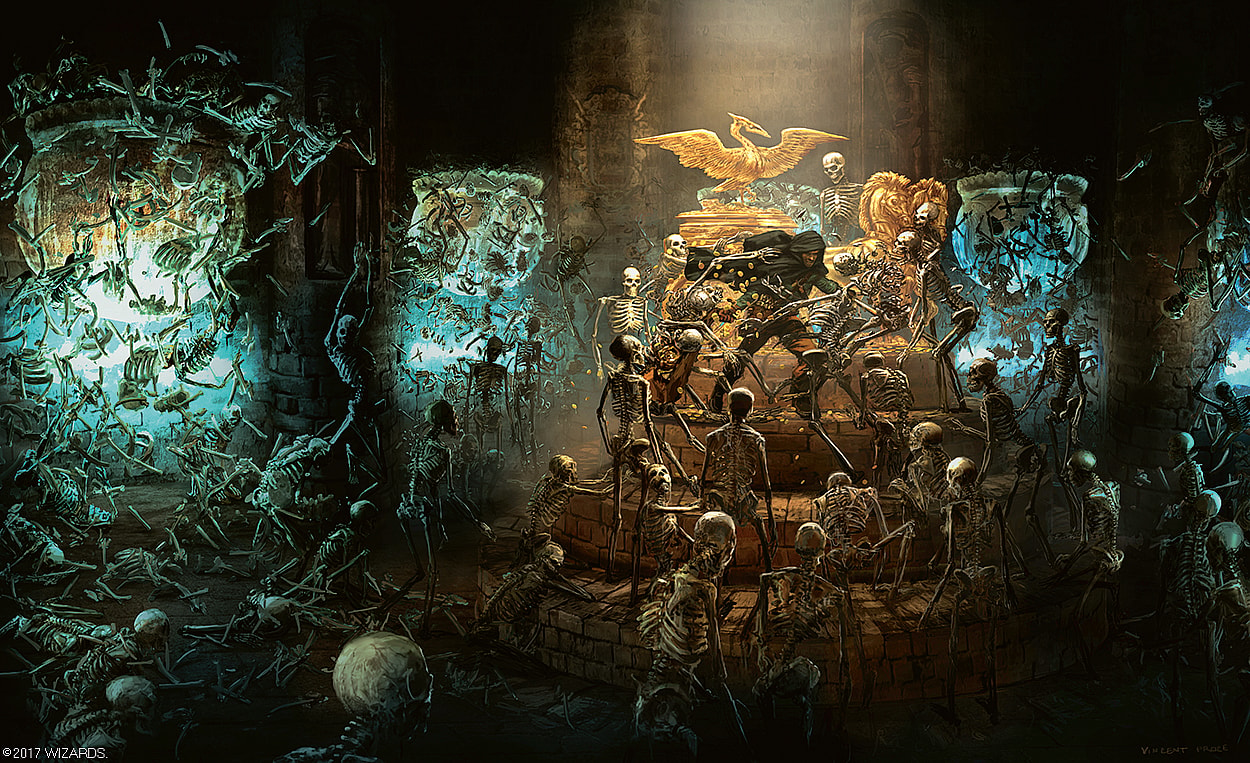
These changes come a little over a year after Wizards of the Coast issued a new set of errata rulings which similarly erased any and all descriptions of the Orc and Kobold species’ negative racial traits.
As of writing, Wizards of the Coast has not publicly commented on these edits, nor have they provided any sort of further explanation for the specific lore’s removal.
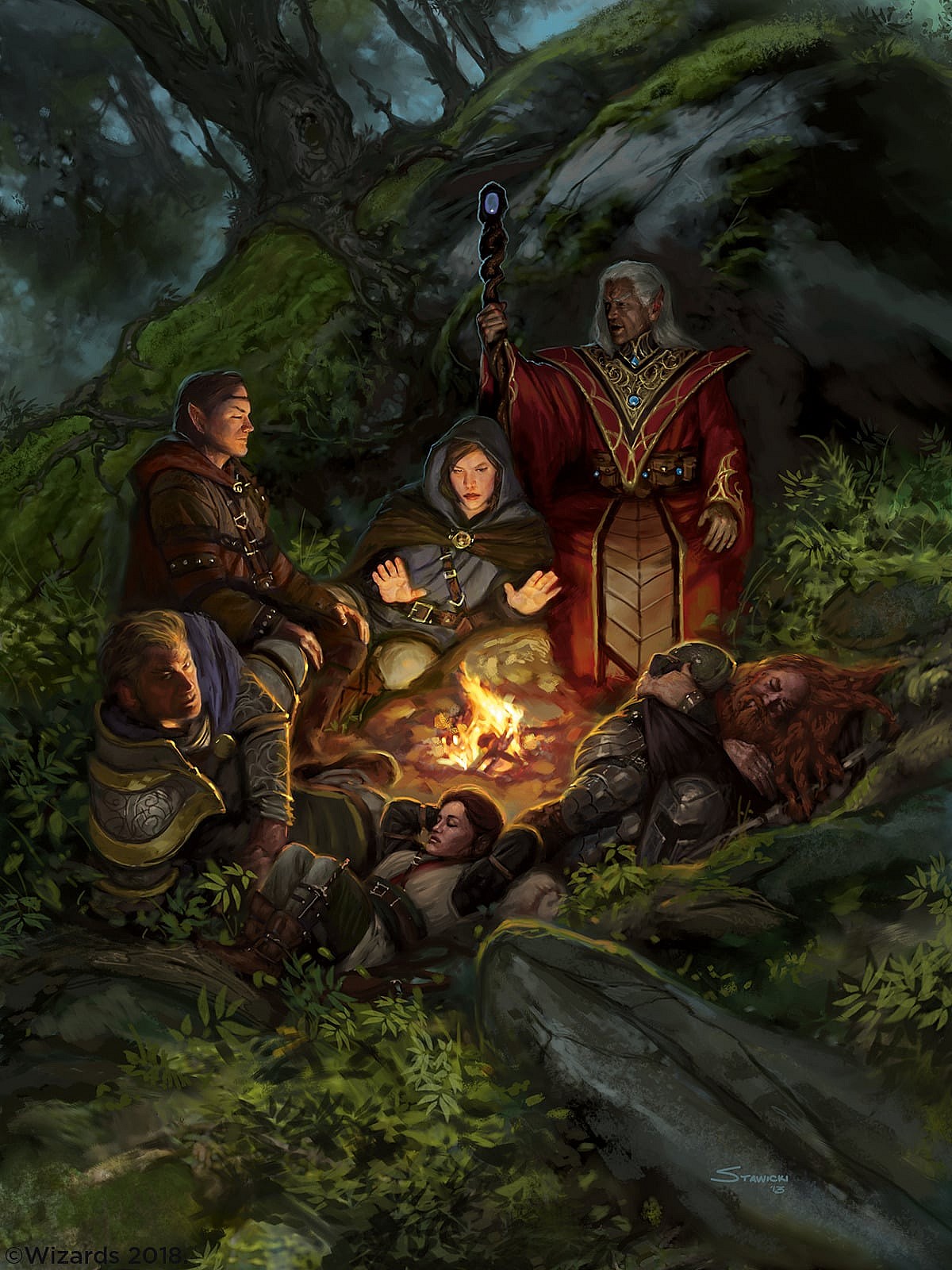
What do you make of Dungeons & Dragons latest attempt to keep itself in the good graces of the outrage inclined? Let us know your thoughts on social media or in the comments down below!
